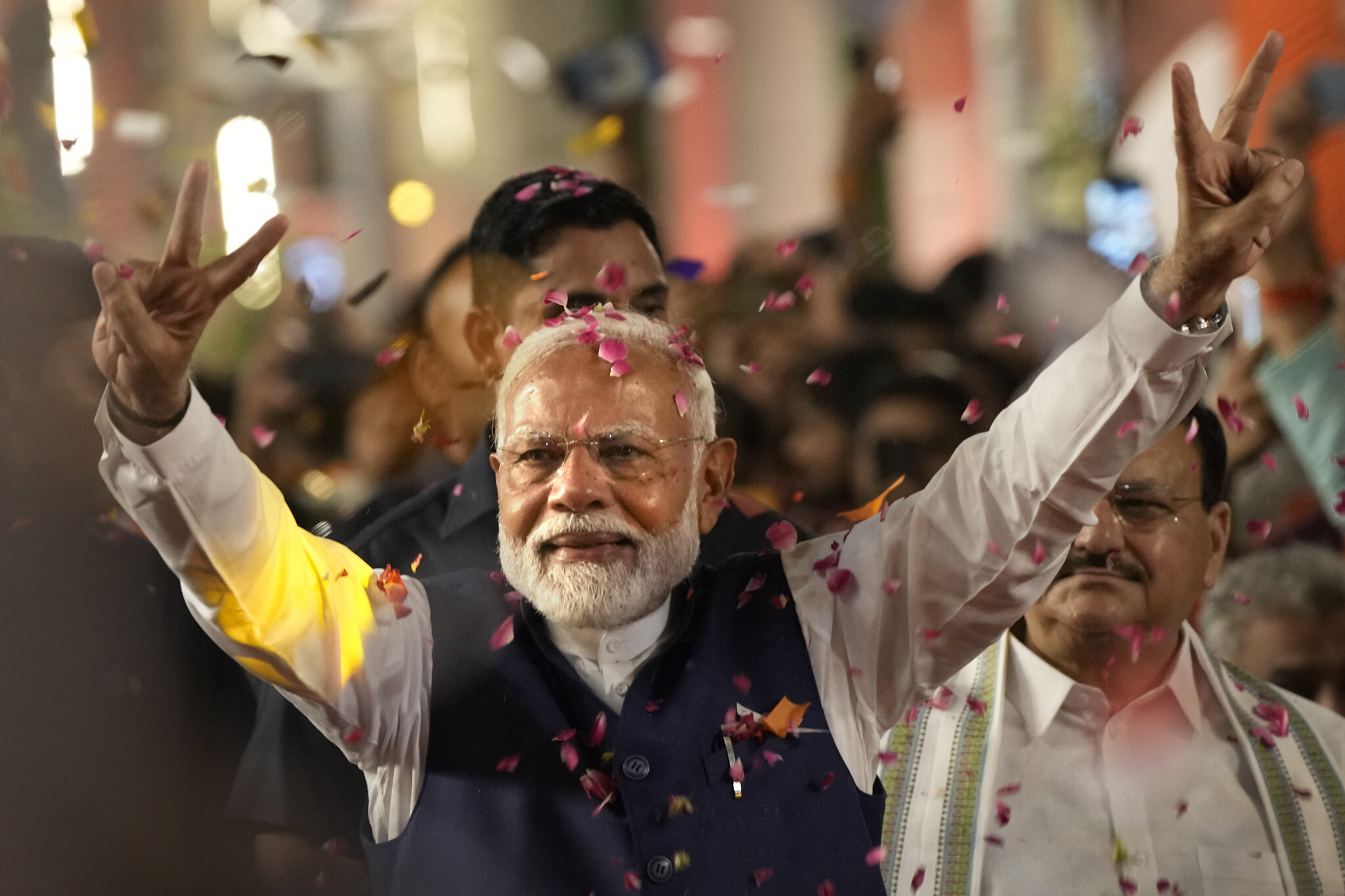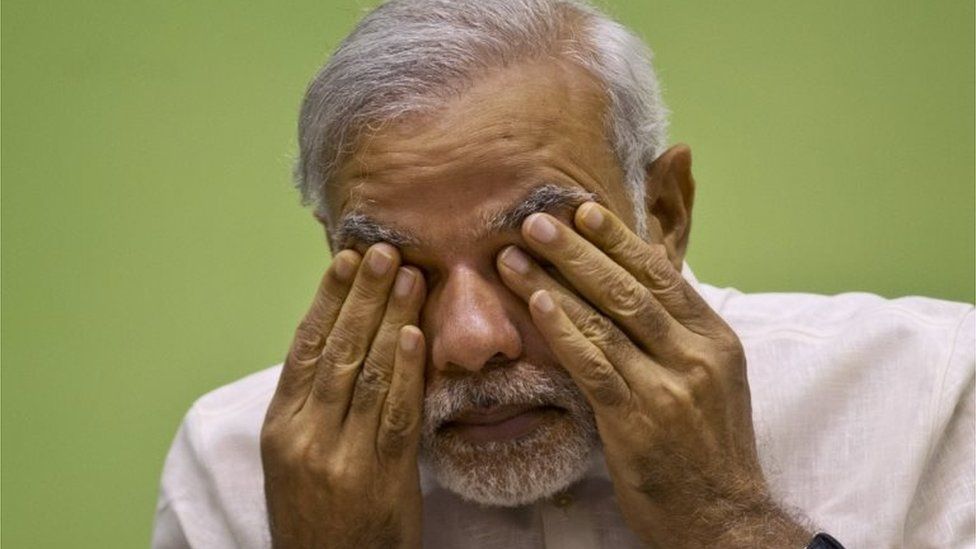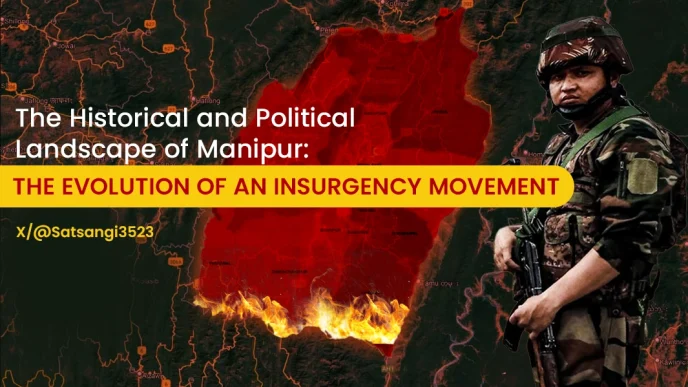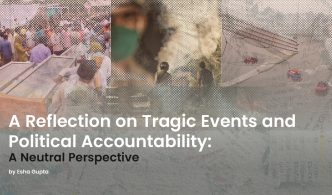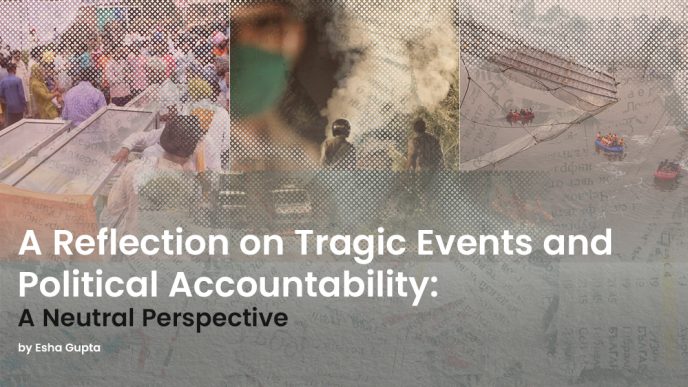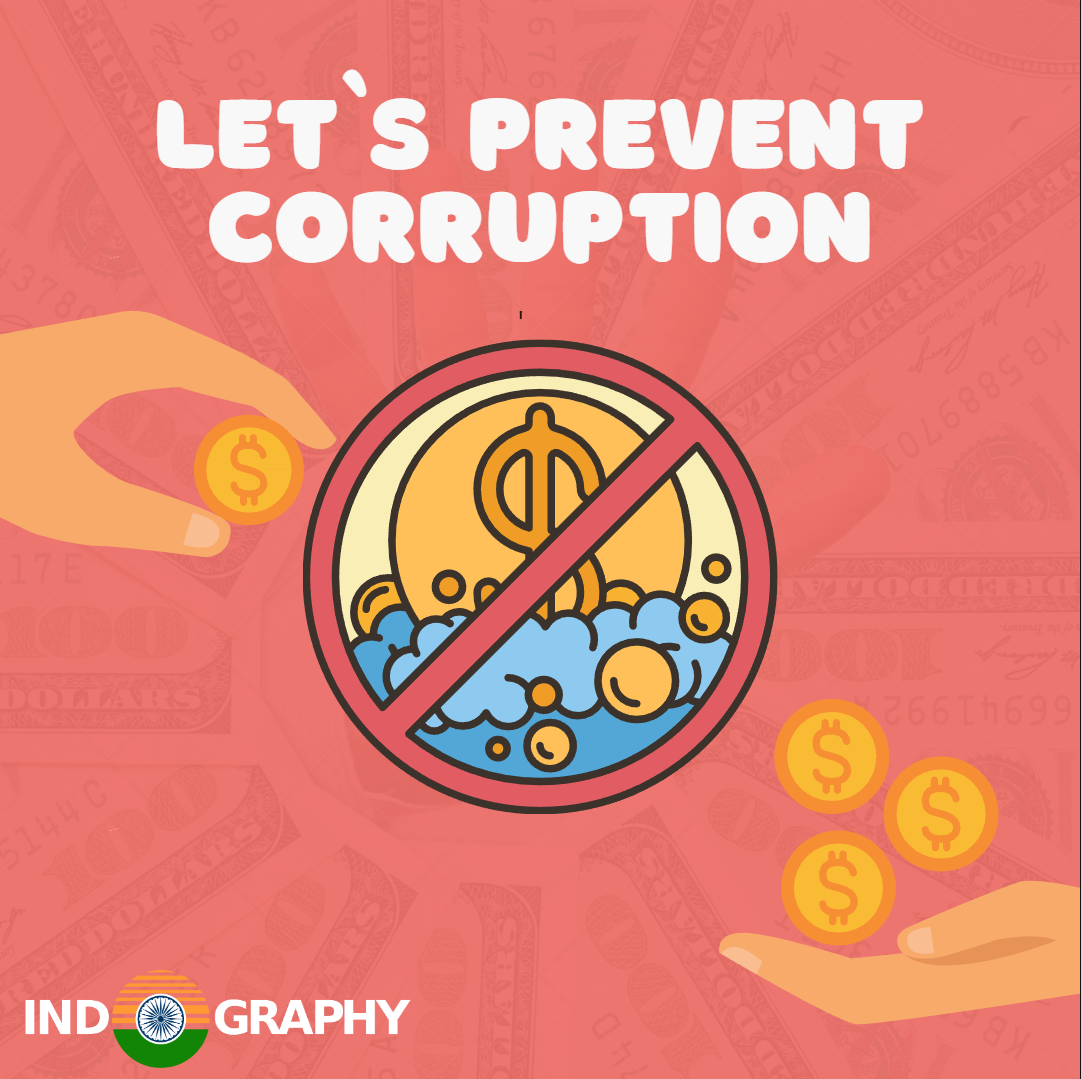As the 2024 general elections approach in India, the political landscape is witnessing a significant transformation. Whether or not the Congress-led Indian National Developmental Inclusive Alliance (INDIA) wins, their vigorous campaign against the Bharatiya Janata Party (BJP) has undoubtedly brought critical issues to the forefront. These include unemployment, inflation, the failure of the Agnipath scheme, corruption, electoral bonds, majoritarianism, and potential constitutional changes.
This proactive stance marks a notable shift from the 2019 elections, where Congress struggled to present a cohesive strategy, especially in the aftermath of the Pulwama terror attack on February 14. The then-Congress president, Rahul Gandhi, found himself on the back foot, focusing on corruption allegations in the Rafale fighter jet deal with France. The “chowkidar chor hai” slogan failed to resonate, as the BJP capitalised on the post-Balakot strike nationalistic fervour.
Building Momentum and Organisational Strength
The INDIA Alliance’s focus on issues resonating with the public has garnered widespread support, aiding Congress in rebuilding its presence in states where it had been marginalised post-Mandal and post-mandir era. Despite facing resource constraints and alleged political persecution, the energy and determination displayed by the opposition have challenged the perception that only the BJP possesses a dedicated workforce. In contrast, the BJP appears less enthusiastic and somewhat dispirited this election cycle.
The Congress party’s resurgence is evident from its recent victories in Karnataka and Telangana’s assembly elections. In Telangana, a new leader, Revanth Reddy, has emerged, although Himachal Pradesh remains a challenging terrain due to recent defections. However, confidence among state-level leaders is growing, bolstered by the central leadership’s proactive engagement.
Rahul Gandhi’s two nationwide yatras have played a crucial role in debunking the media’s portrayal of him as a reluctant politician. The Congress’s strategy of engaging with the masses and learning from them has started to pay off, as evident in the party’s revitalised grassroots support.
The road ahead
With the people’s verdict set to be announced on June 4, the morale within Congress and its INDIA partners is high. The party has managed to bounce back from the crisis following the 2019 Lok Sabha election debacle and the dissent from the G-23 group. The resignations of former leaders like Captain Amarinder Singh and Ghulam Nabi Azad no longer seem to impact the party significantly. The successful organisational election, which saw Mallikarjun Kharge emerge as president, has further stabilised the party. Kharge’s experience and Dalit background are seen as assets in the current political scenario.
BJP on the Defensive
This election has also highlighted vulnerabilities within the BJP. For the first time in a decade, the BJP appears defensive, often responding to the opposition’s agenda rather than setting its own. Over the past ten years, Congress and its allies have frequently defeated the BJP in state assembly elections, contradicting the notion that the BJP is invincible.
The Congress’s track record in state elections reveals a pattern: it has often succeeded against the BJP but struggled against regional parties. For instance, Congress reclaimed Chhattisgarh, Madhya Pradesh, and Rajasthan from the BJP in 2018 and helped form the government in Karnataka with Janata Dal (Secular). Conversely, its victories against non-BJP regional parties have been limited, with notable successes only in Punjab in 2017 and Telangana in 2023.
Rahul Gandhi’s National Emergence
This election has marked Rahul Gandhi’s rise as a national leader, posing a direct challenge to Prime Minister Narendra Modi. In a vibrant democracy like India, the ruling party cannot entirely eliminate its opposition. The resurgence of parties like the Trinamool Congress in West Bengal and the Aam Aadmi Party in Delhi and Punjab underscores this resilience. The Left Front’s 34-year rule in West Bengal ended in 2011, demonstrating that political dominance is not eternal.
The Congress’s resurgence could be a game-changer. Since 1967, the party has gradually lost its committed base, with voters often choosing it by default rather than conviction. This trend seems to be reversing, as public support for Congress and its leaders, including former Prime Minister Manmohan Singh, is visibly growing. Singh’s economic policies are now being re-evaluated positively.
Revisiting Nehru’s Legacy
The relentless criticism of former Prime Minister Jawaharlal Nehru over the past decade has led many to re-examine his contributions objectively. Despite his flaws, Nehru’s role in shaping modern India is widely acknowledged. The recent commemoration of his 60th death anniversary saw a resurgence of articles and discussions highlighting his achievements.
The Impact of Modi’s Rhetoric
Prime Minister Modi’s aggressive stance against the Congress has inadvertently strengthened the party. The campaign to make India “Congress-mukt” (free of Congress) has galvanised support among academics, media personalities, students, and other public opinion makers. Social media is abuzz with voices countering the Hindutva narrative, thanks in part to the overzealous attacks on the Congress.
In conclusion, the 2024 election is not just about who wins or loses but about the significant shifts in India’s political dynamics. The Congress party’s revival, driven by a renewed focus on grassroots issues and effective leadership, presents a formidable challenge to the BJP. Regardless of the election outcome, the spirited fight put up by the INDIA Alliance has already reshaped the political discourse in India.



